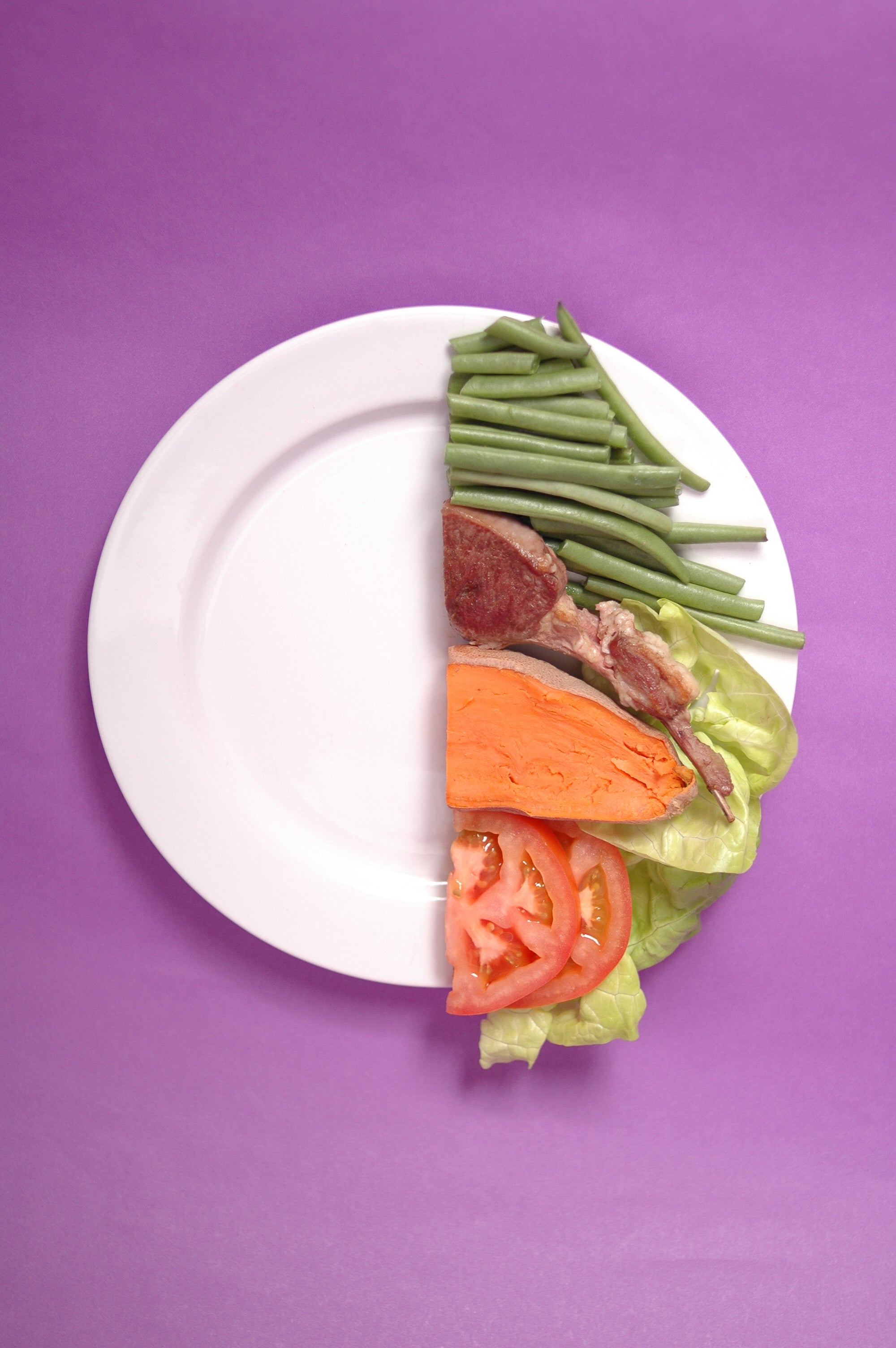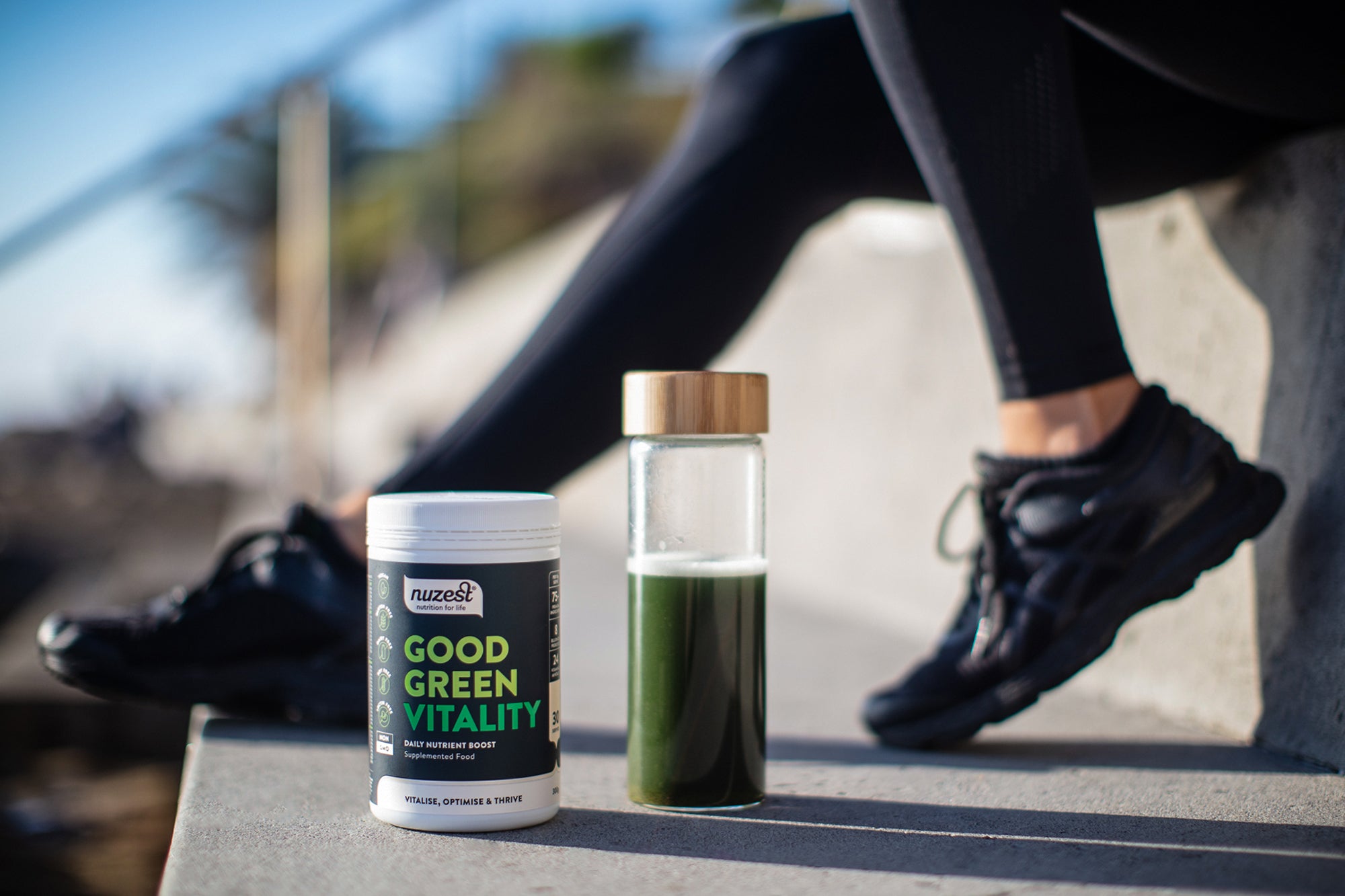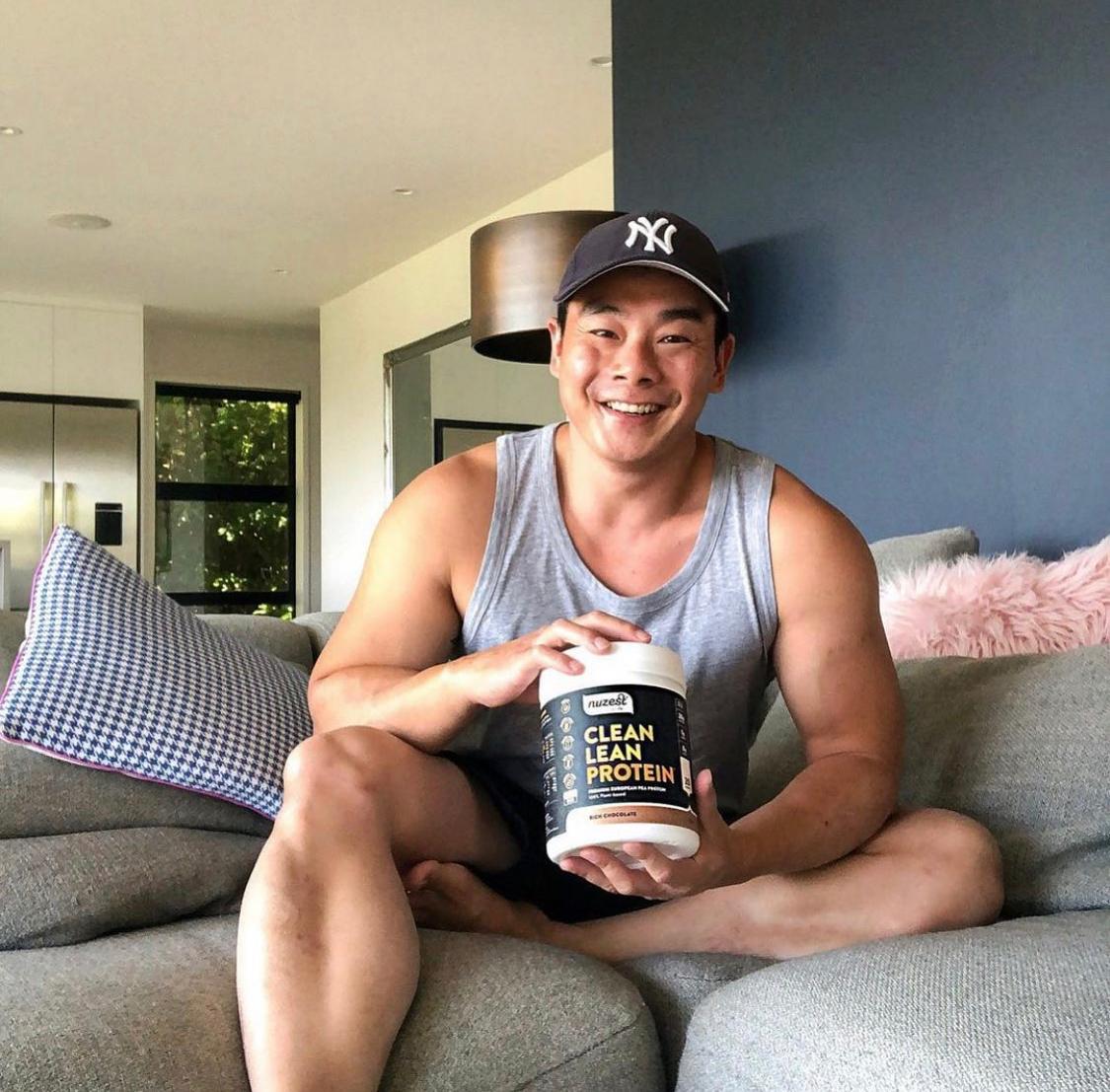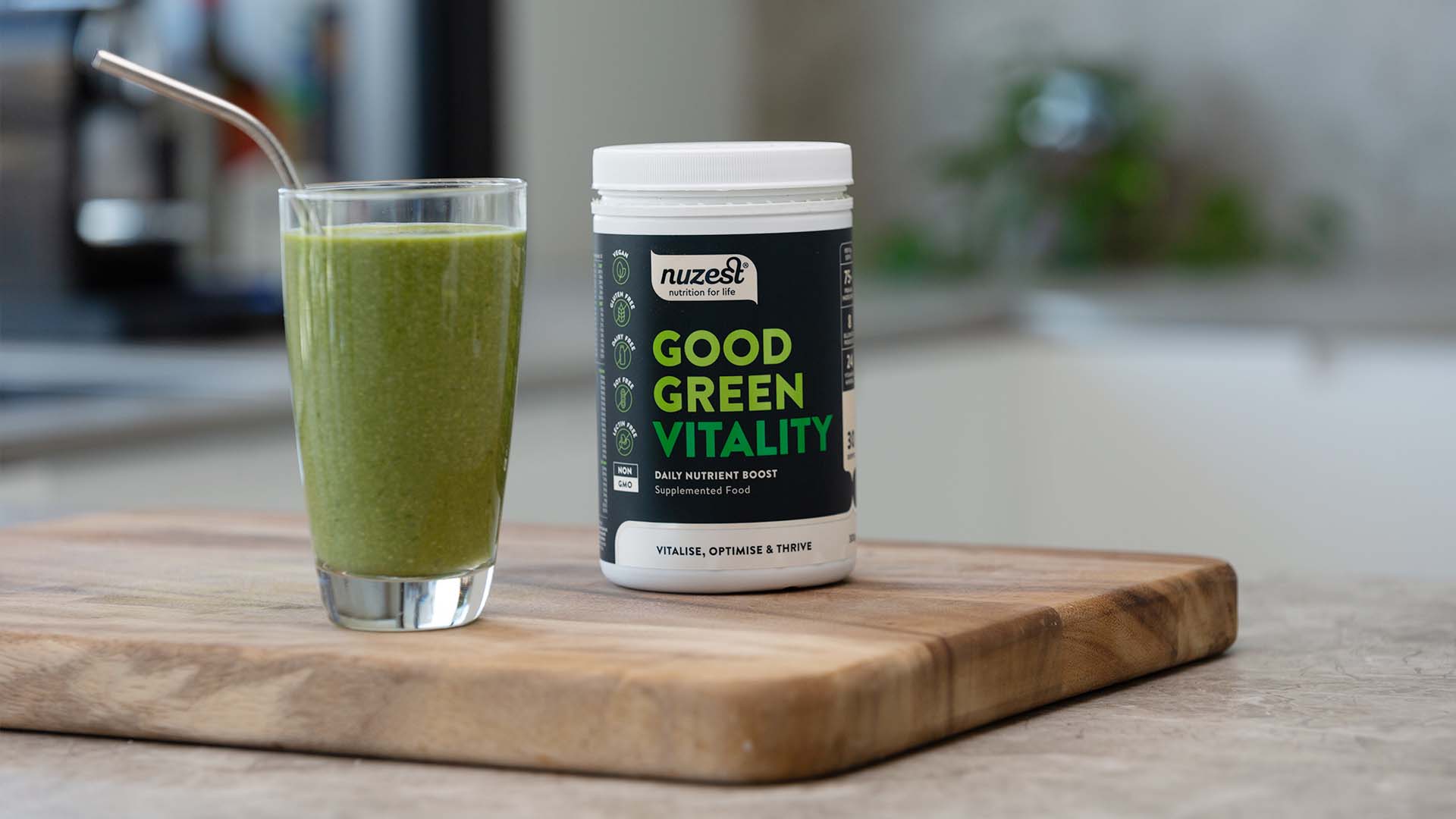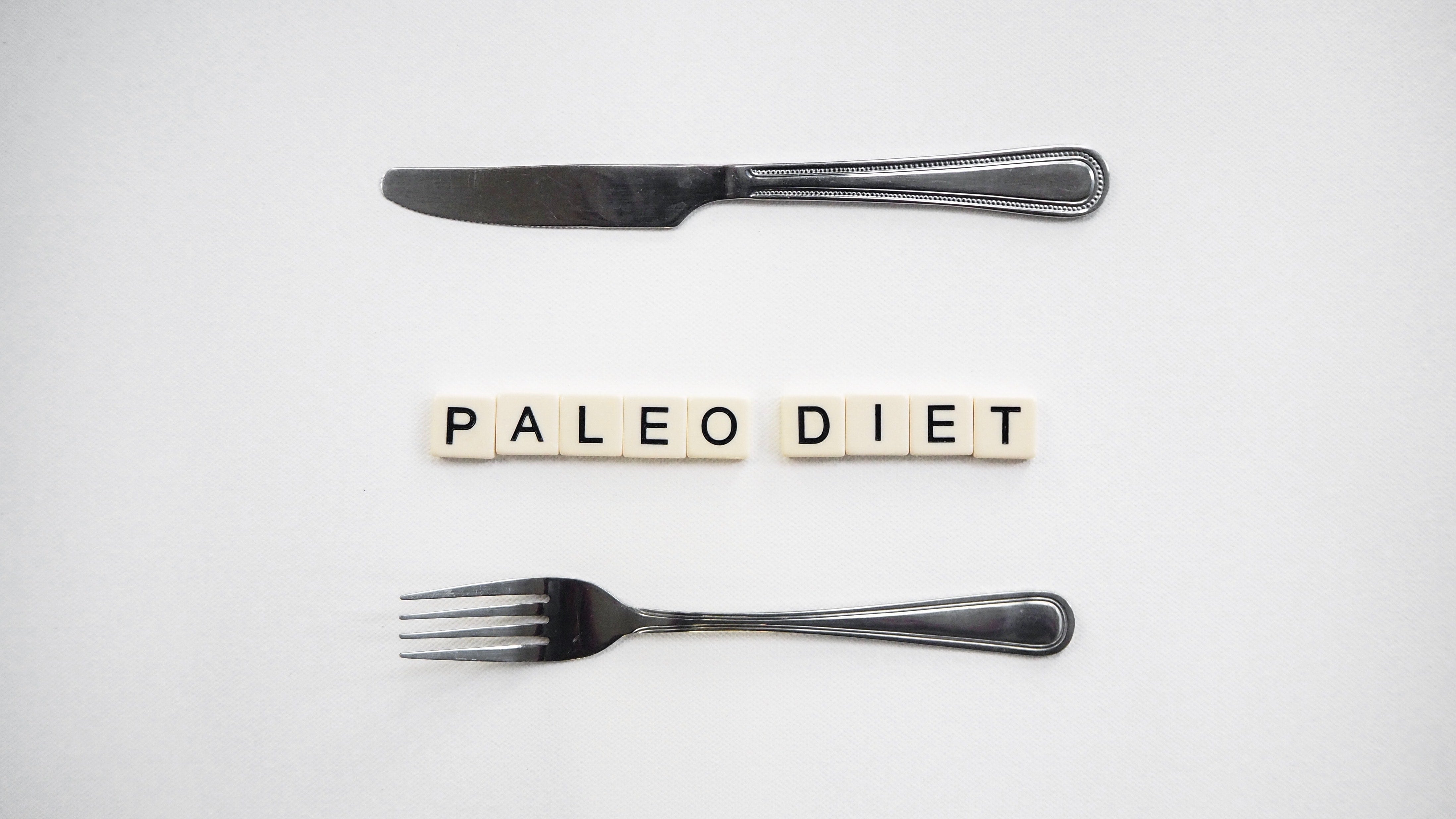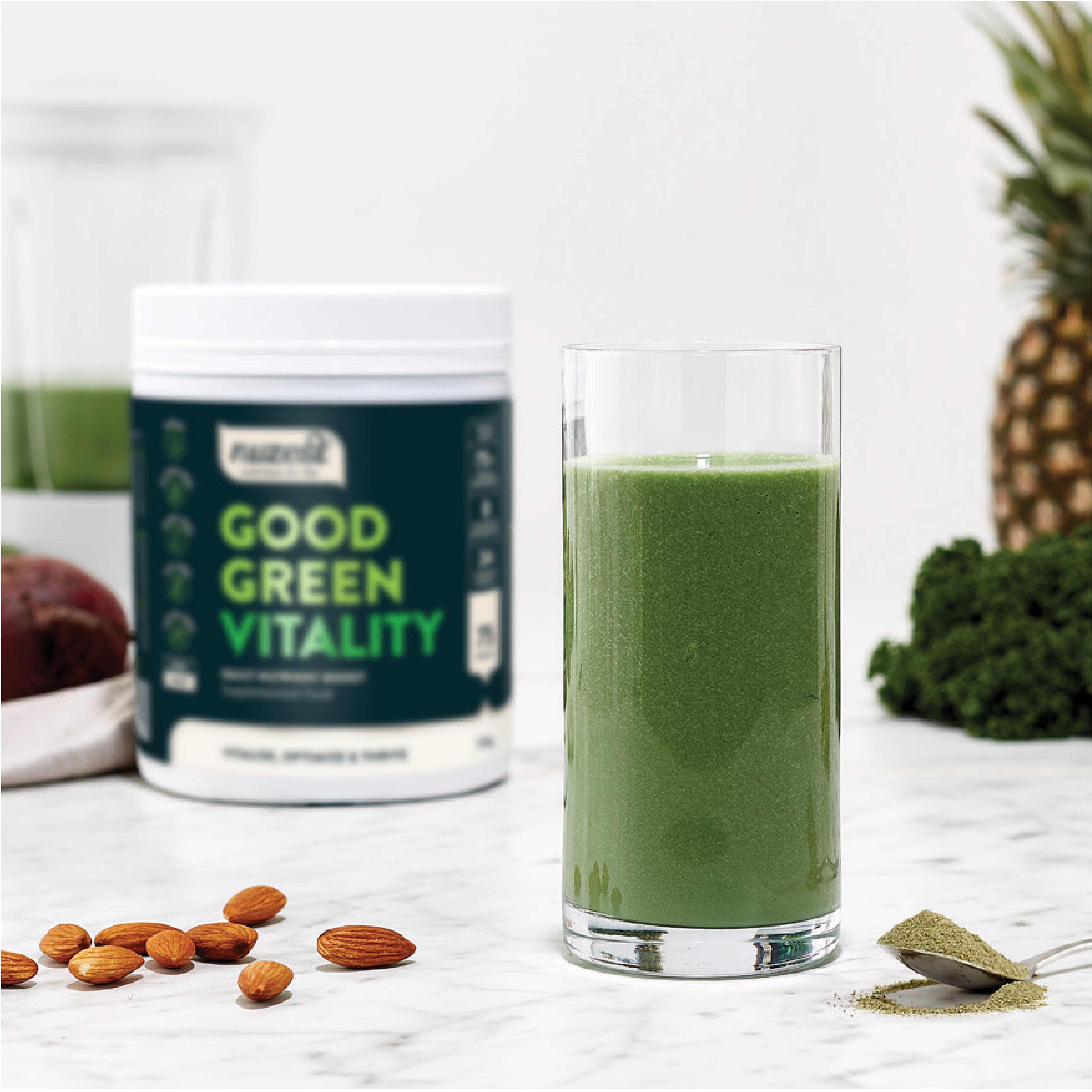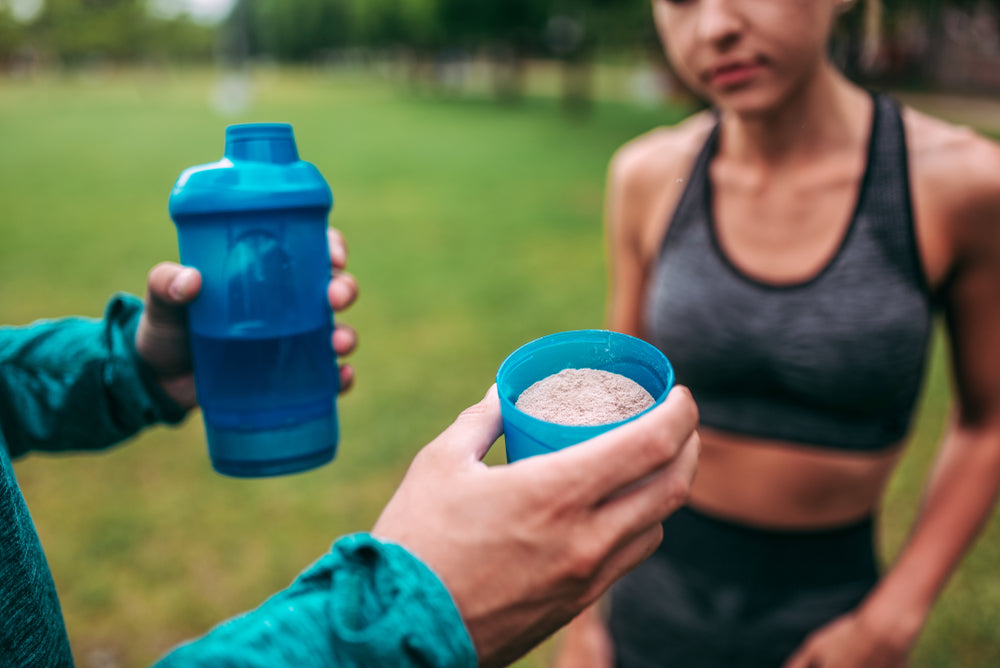Whether you're trying to lose a few pounds, get more toned for swimsuit season, or just trying to improve on your fitness levels, setting goals for yourself are important to keep you on track. Here is a guide to setting realistic fitness goals for yourself!
Before setting yourself on a new fitness plan, Karen Lee, founder of karenlee.fitness, told SOULSCAPE that beginners should be asking themselves three important questions:
- Why do you need a fitness plan?
- What are you trying to accomplish?
- Are you ready for a change?
According to Lee, many individuals are lured by the idea of change, without knowing what it takes to effect change, let alone a transformation. These questions seek to justify your plans, and measure the level of desire for your goals.
'Desire is feeling the burn in your tummy to succeed. You want it so badly that you will do anything to make it happen. That is my definition of desire,' said Lee. For example, are you prepared to give up on some existing habits or indulgences - such as char kway teow, McDonald's, or sleeping in on weekends - in order to achieve your fitness goals? Committing to a change of lifestyle and habits are usually necessary to stick to your plan. Of course, in order to set fitness goals for yourself, you have to be SMART about it. Here's how:
Specific
Being vague is one of the most common mistakes people make when setting their goals, said Lee. Quantifying your goals and being more specific with them can help you focus your efforts to derive a better action plan. Simply wanting to lose weight is not specific enough. Examples of a specific goal would include 'losing 5% of your body fat' or 'running your first 5km race'.
Measurable
Having specific and quantifiable goals means that your progress can be easily measured over time. Tracker apps such as MyFitnessPal can help to track eating habits and weight changes. Remember that progress takes time, and don't expect to see overnight changes in your fitness! Lee also reminds readers to commit to their fitness plans instead of trying to seek instant gratification by jumping from one plan or another.
Achievable
While your goals need to be challenging, make sure they are kept within achievable levels. Setting small, progressive goals will keep you motivated towards your eventual end-goal. Keep in mind that progress takes time! As Lee puts it, 'Do not underestimate the power of tiny improvement. Every little step counts.'
Realistic
In an ideal world, doing 100 sit-ups a day for a month would give you full abs. However, making progress in your fitness levels is 80% nutrition and 20% exercise. Following an exercise routine will not bring you results if you continue snacking on junk food and fatty foods. Attempting to make change to your physique and fitness will require transformations in your daily habits as well as diet.
Timeframe
As with business goals, financial goals, and academic goals, there needs to be a time period in which you wish to achieve them by. For example, wanting to lose 7% of body fat within 3 months is reasonable. The time frame allows you to project your progress along with time, and make an appropriate action plan within the period.
With her years of experience in fitness coaching, Lee warns against over-training. Although sayings such as 'no pain no gain' have been constantly emphasised by athletes and fitness specialists, pain might not be a good thing. 'When too much stress is placed on the body too fast, your body is trying as hard as possible to maintain homeostasis. Symptoms such as knee pain, depression, loss of motivation and constant pains start to set in,' said Lee. However, under the correct guidance and proper planning, you will soon witness stable gains in your fitness levels.
If you find yourself with the same workouts, same weights, same pace and same number of repetitions, sets, or intensity, it means you're under-training. When that happens, it will be time to set new fitness goals!
This story was originally published by our friends at SOULSCAPE.


